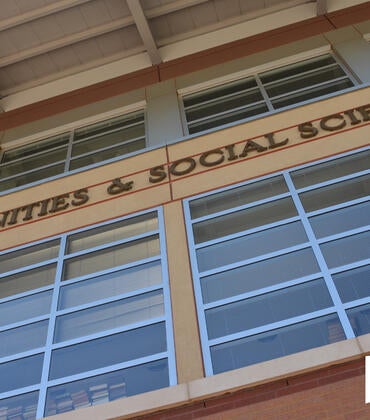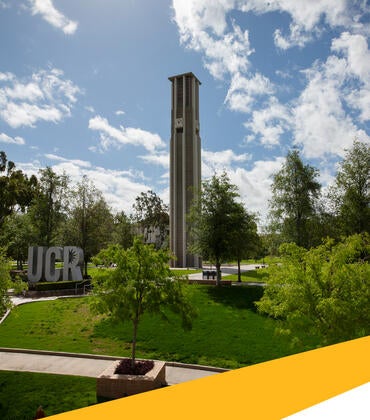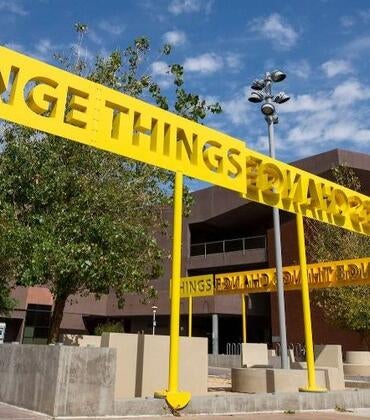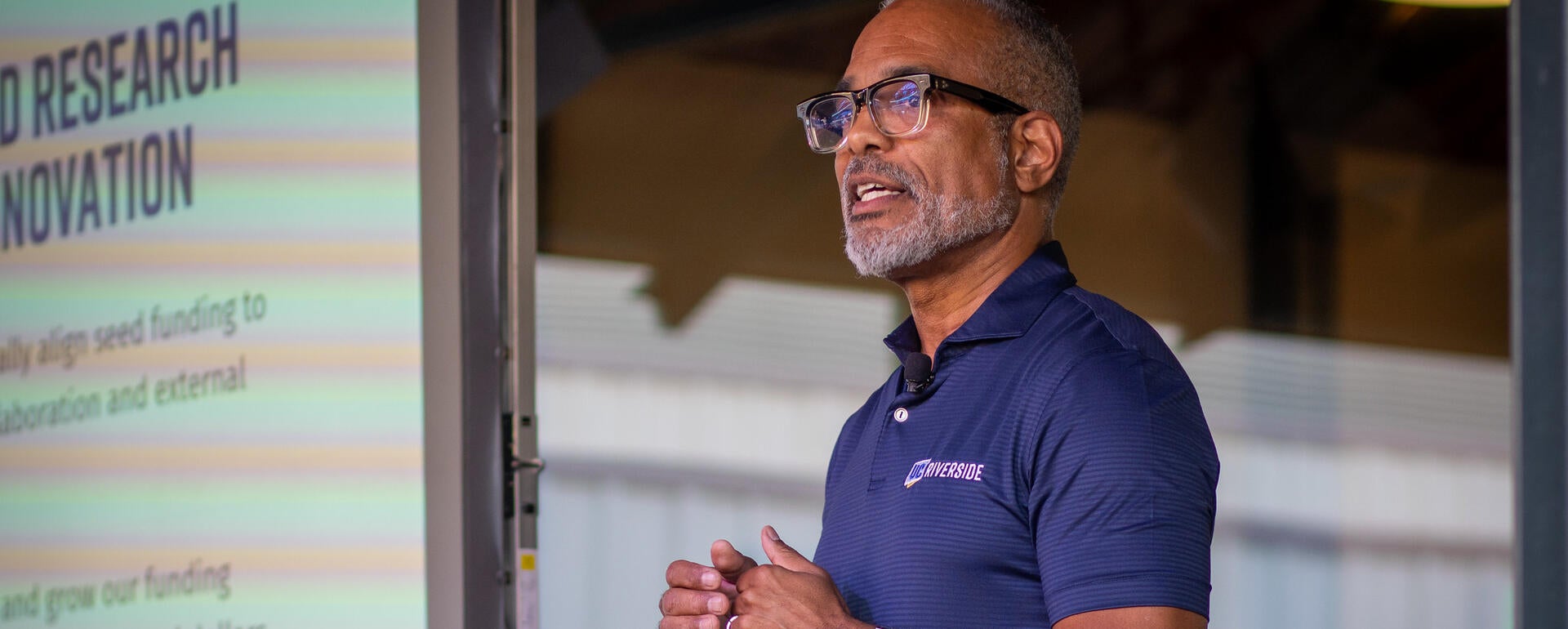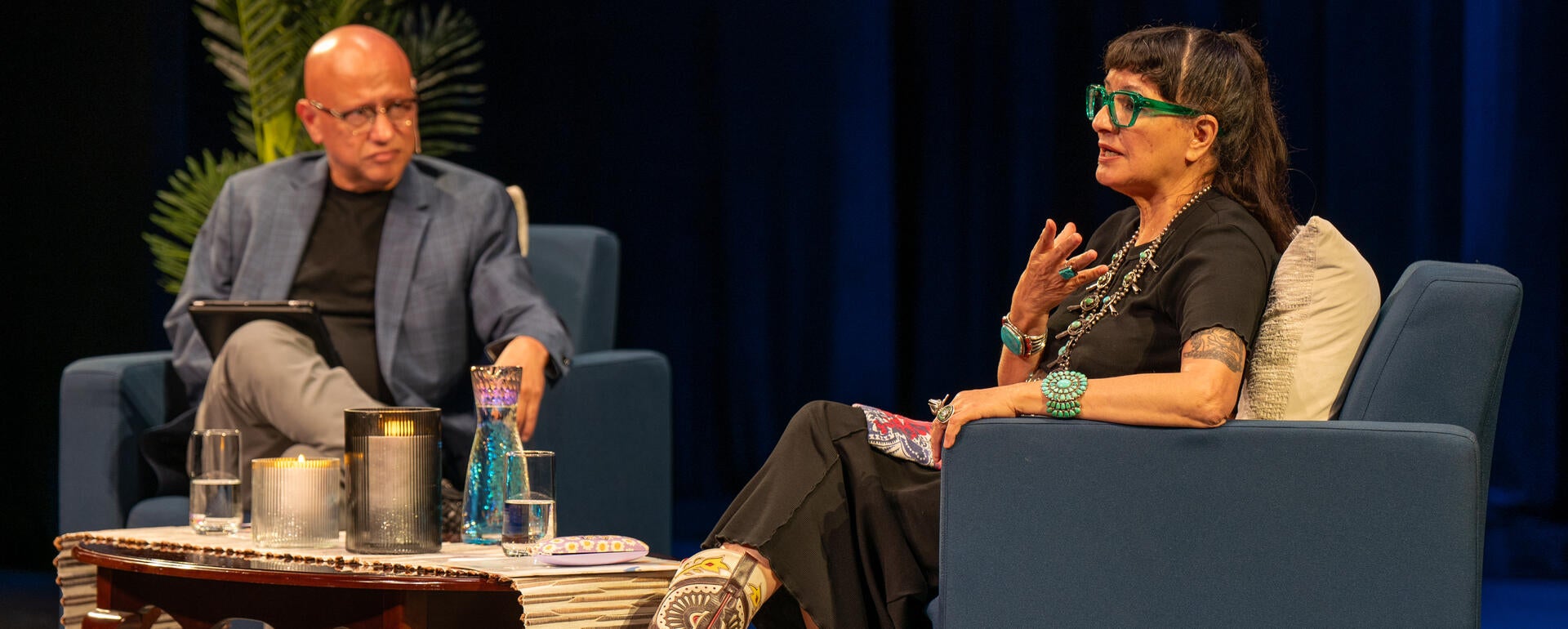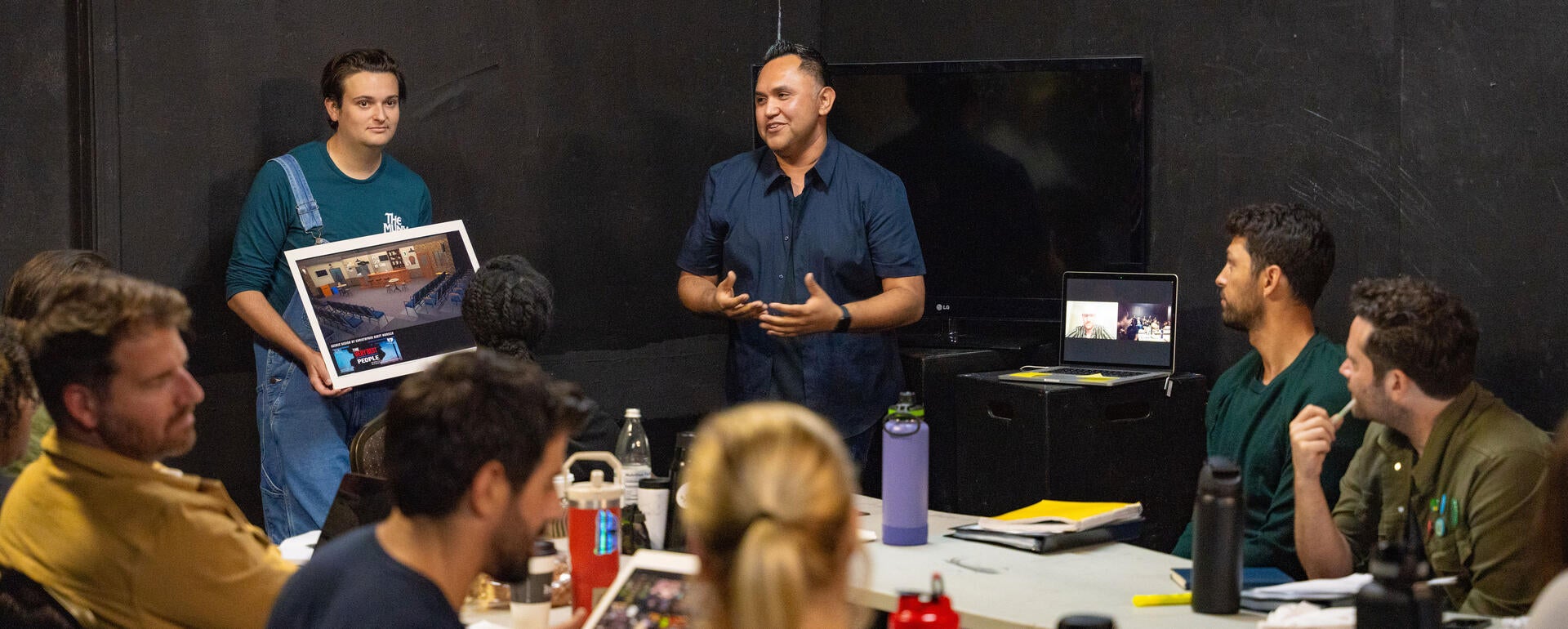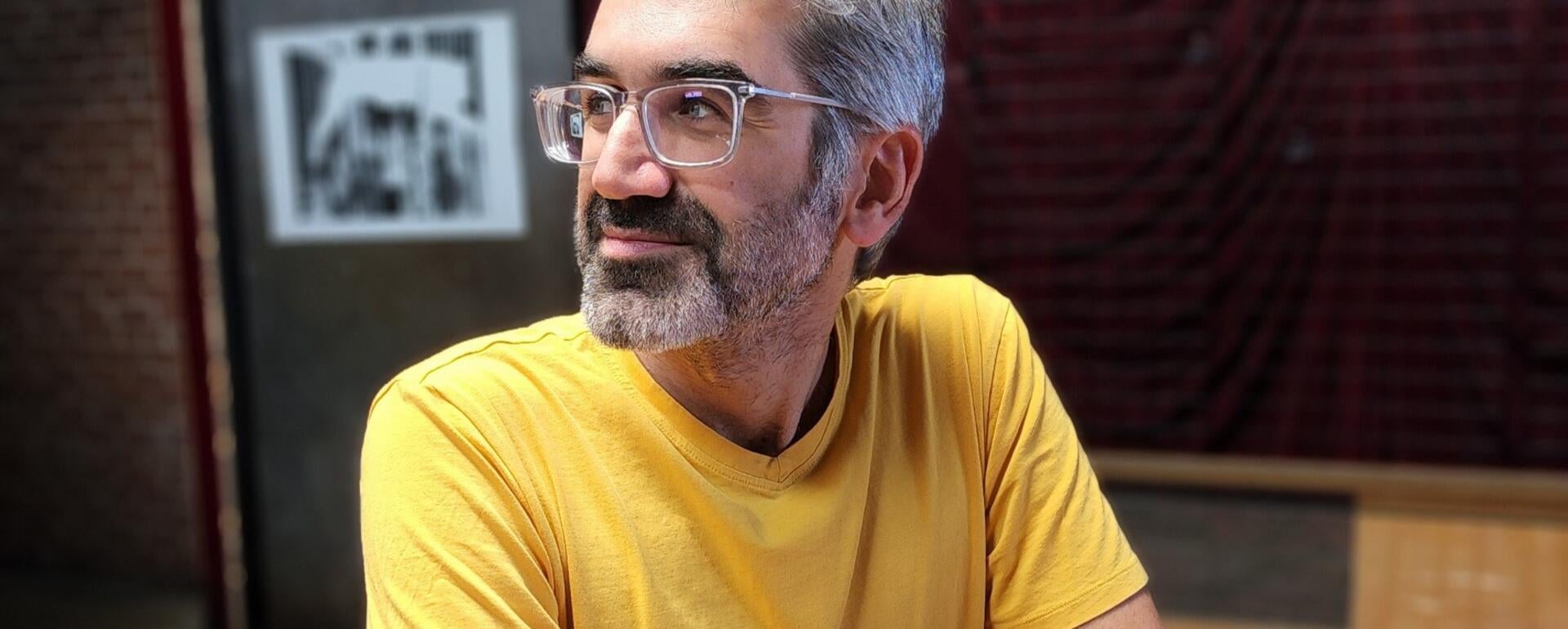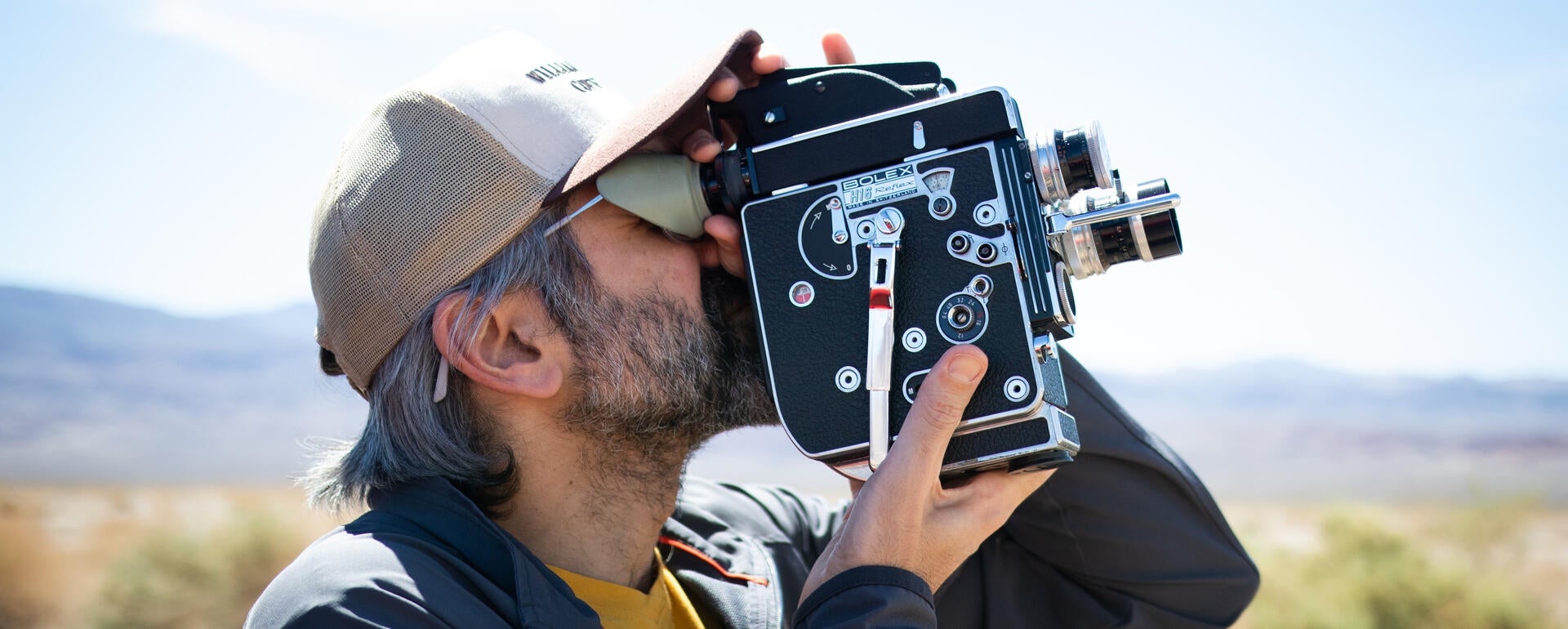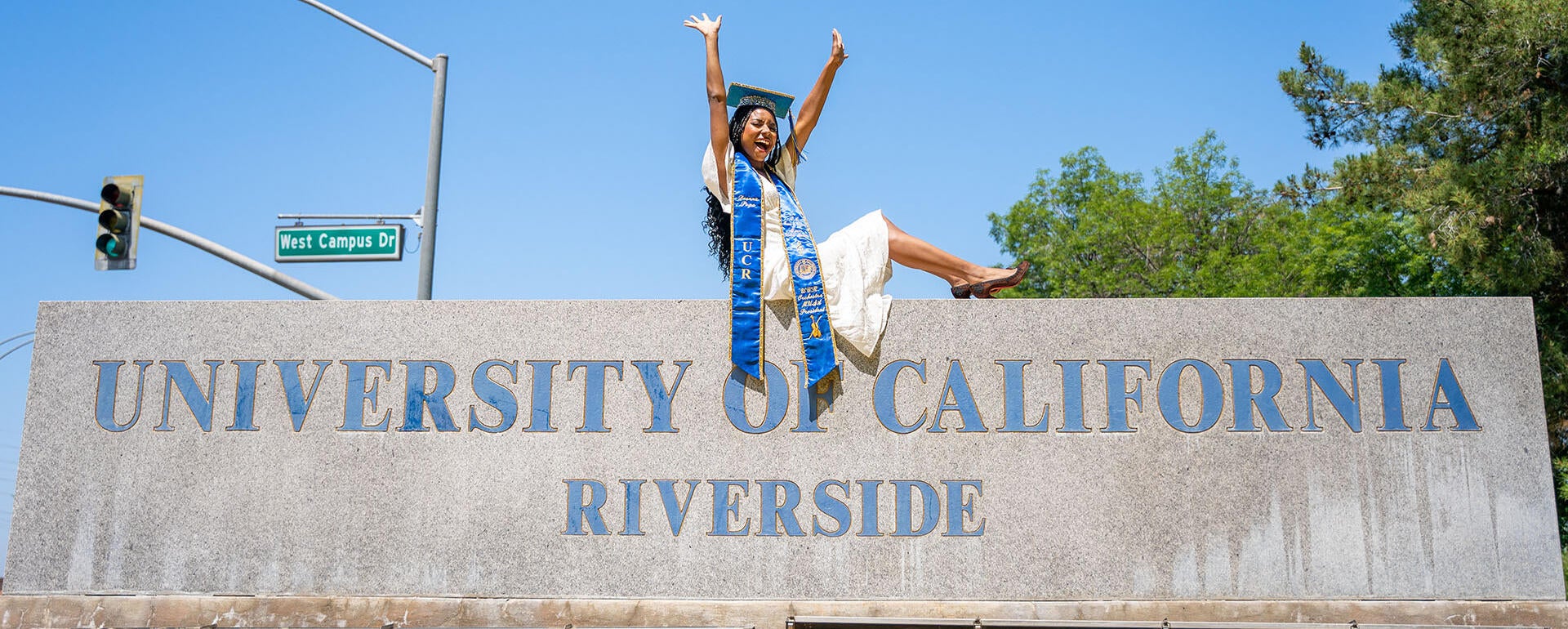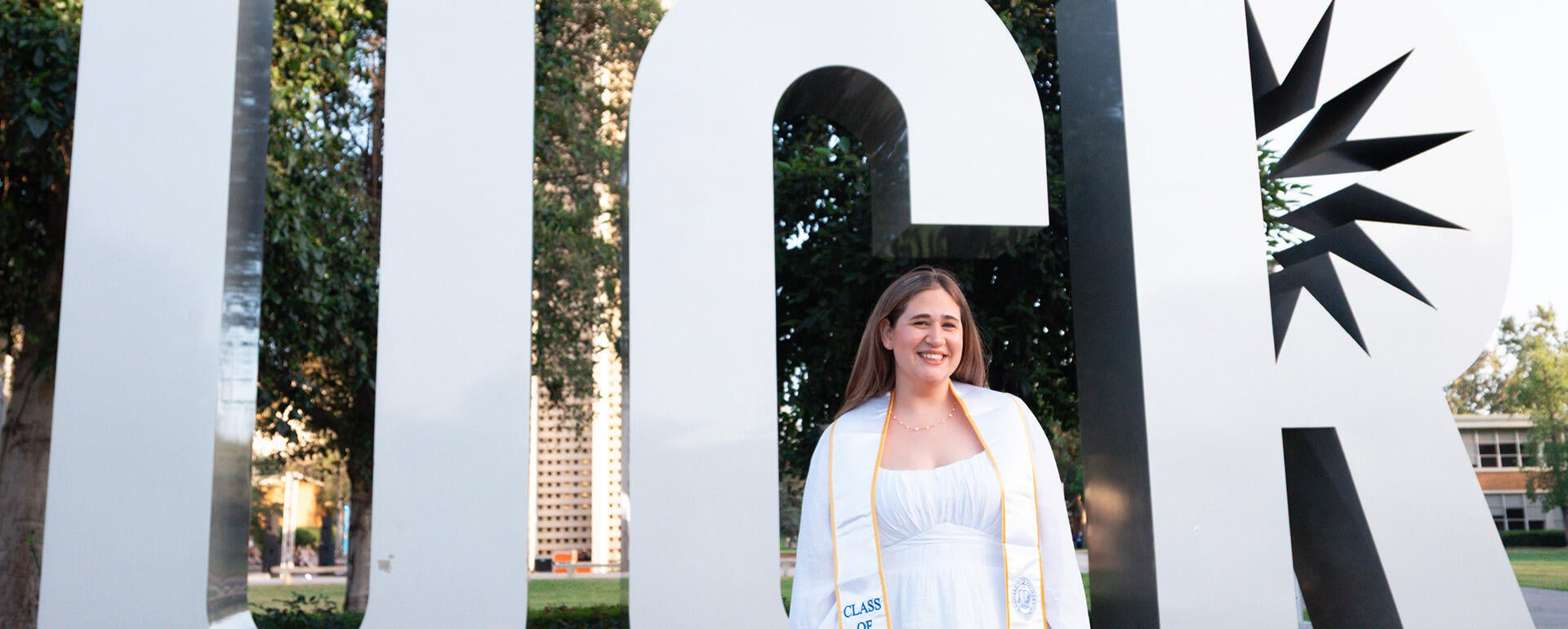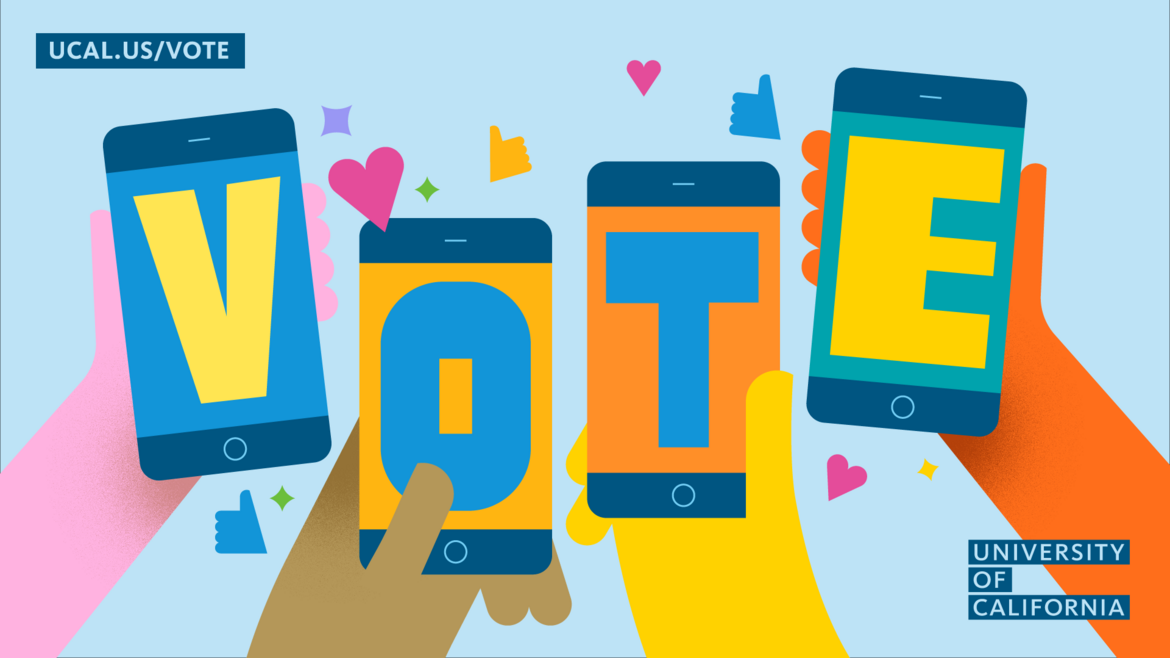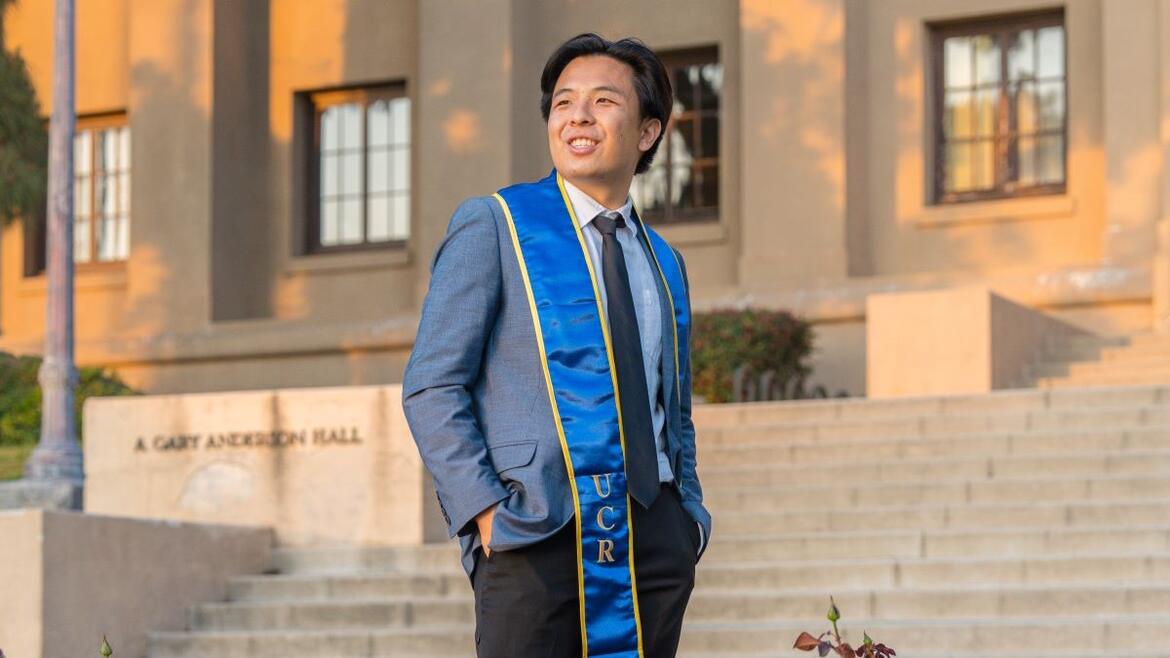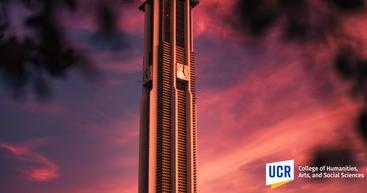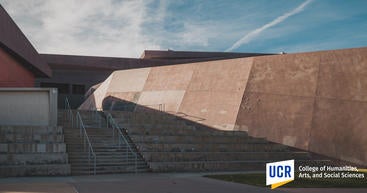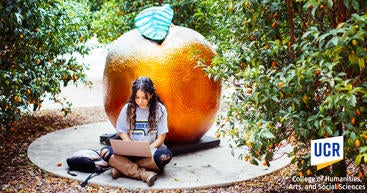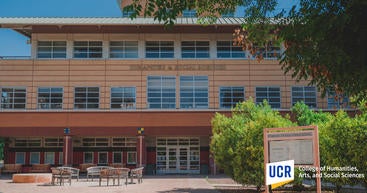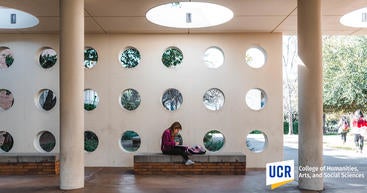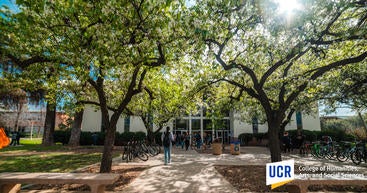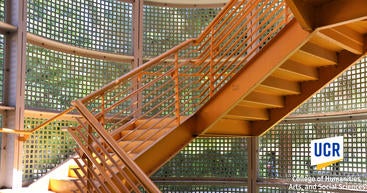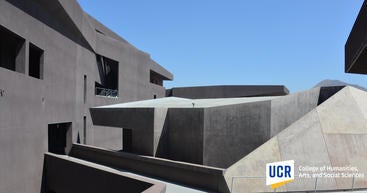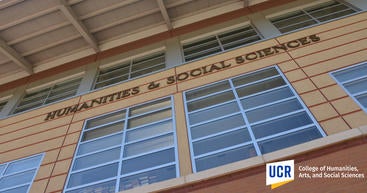College of Humanities, Arts, and Social Sciences

News & Information
From the Office of the Dean
CHASS Events
CHASS on YouTube
CHASS Backgrounds
Trending News



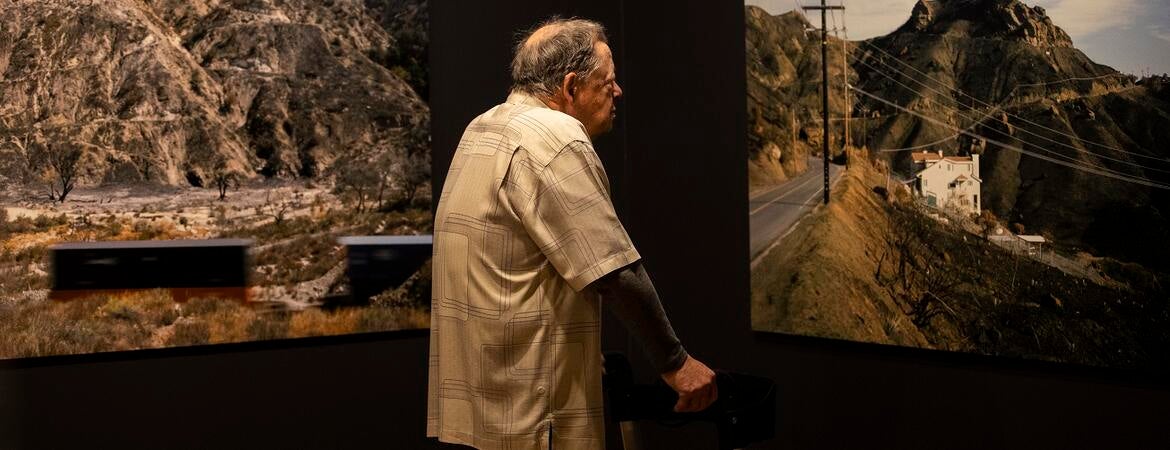
-
Communications from the Office of the Dean
Pursuant to the University of California Electronic Communications Policy, UCR Policy Number 350-11 on Email Distribution, and the UCR Social Networking Policy Document, the CHASS Office of the Dean adopts the following guidelines for College-wide electronic communications:
Non-elective electronic communications from the Office of the Dean will be time-sensitive and applicable to all recipients. Such communications include:
- Notices from the Dean of the College
- Emergency-related notifications and alerts
- Health and safety protocols
- HR-related updates related to policy, leave, and benefits
- IT-related service interruptions, security issues, and technical support
- Facilities-related updates related to temporary closures, HVAC, and power outages
- Administrative and operational changes in College and unit organization, budget, and leadership
- Strategic initiatives sponsored by the Office of the Dean
- Notable promotions, appointments, and departures
- Exceptional accomplishments of CHASS faculty, staff, students, and alumni
-
Other CHASS Electronic Communications Channels
Events Digest: Sent bi-weekly during fall, winter, and spring quarters from CHASS Marketing and Communications to all CHASS faculty, staff, and students promoting college-specific events and other campus events of interest listed on events.ucr.edu.
CHASS Newsletter: Sent monthly during fall, winter, and spring quarters from CHASS Marketing and Communications to all CHASS faculty, staff, students, and select partners highlighting college-specific news, photos, videos, and stories of recognition and achievement.
CHASS Development Newsletter: Sent quarterly from CHASS Development to CHASS donors, alumni, and stakeholders highlighting college-specific news and achievement, with opportunities to provide support through giving and sponsorships.
CHASS Social: CHASS is active on LinkedIn, Twitter, Instagram, YouTube, TikTok, and other social media platforms. Any member of the College community may opt-in to follow and engage with accounts managed by the Office of the Dean.
-
How to Submit a News Item or Event
For inclusion in the CHASS Events Digest and/or monthly CHASS Newsletter, please submit your news item or event at least four weeks in advance to chassmarketing@ucr.edu.
Events should also be submitted at events.ucr.edu, UCR’s online events calendar. Any UCR employee can register as a user and directly submit items to the main university calendar. The campus calendar is used by many campus communicators for weekly "digest" emails that are sent to UCR students, faculty, and staff.
To share news items within your unit/department, please contact your CHASS Chair or Director for consideration. CHASS Chairs and Directors also have access to the Chairs and Directors listserv to send email communications to all Chairs and Directors.
-
Campus-Wide Email Distribution
Email messages to all employees on campus may only be sent by one of the following entities:
- Chancellor
- Provost & Executive Vice Chancellor
- Planning, Budget, and Administration (health and safety units)
- Environmental Health & Safety emergency alerts
- UC Police Department emergency alerts
- University Communications
- University-wide messages on behalf of the UC Office of the President
- Campus publications (Inside UCR, UCR Life, etc.) and news
All other approved campus messages for broad distribution are included in existing communication channels and digital publications, such as Inside UCR, Coming up at UCR, Chancellor's Campus Update, etc.
ScotMemo
ScotMemos is a section on the Inside UCR website where any staff or faculty member can submit an announcement to the campus community. Submissions should contain content of potential interest to staff and faculty, should not include student-specific information, and should not promote organizations or businesses unaffiliated with UCR.
A curated selection of ScotMemos will be included in the Inside UCR Weekly newsletter emailed every Wednesday to all staff and faculty.
Faculty Email Distribution
Units on campus wishing to send messages to all senate faculty members (senate@scotmail.ucr.edu) should contact the Riverside Division of the UC Academic Senate for assistance. These communications are sent at the discretion of the Division Chair.
Student Email Distribution
Units on campus wishing to send messages to all enrolled students should contact the Office of the Vice Chancellor for Student Affairs. As a “mandatory list,” students@scotmail.ucr.edu may only be used for announcements that are time-sensitive, urgent, and applicable to all recipients. These types of announcements include:
- Registration processes
- Health Center offerings (e.g.: immunizations; insurance changes)
- Service curtailments (e.g.: campus closures; office closures due to emergencies, repairs, or upgrades; campus internet interruptions; communications systems malfunctions)
All other approved campus messages for broad distribution are included in existing communication channels and digital publications. Student-facing communications managed by University Communications include:
- All-inclusive content
- Sent weekly on Mondays
- For graduate students
- Subscribe to R'Grad Weekly
Coming Up at UCR (formerly R’Side)
- Events & important announcements/reminders only
- Sent weekly on Mondays
- For undergraduate students
- All-inclusive content
- Sent monthly on the first day of the month
- For undergraduate students
- Subscribe to Undergrad Experience
For more information about submitting your content or event to a campus-wide student newsletter, please contact Malinn Loeung, Student Communications Manager for University Communications.
Digital Accessibility Milestones
Campus Free Speech Policy
Freedom of speech and expression are values that UCR respects and encourages. This includes opinions that challenge and encourage robust debate, action, and inquiry. The safety of our community is tandem with the right to free expression and UCR will ensure that both are treated fairly.
While encountering differing opinions is challenging, we encourage students, staff, faculty, and public members to remember our Principles of Community when engaging with one another. As a public university, UCR values the educational and social opportunities for growth when freedom of expression is fully realized. More information is available at freespeech.ucr.edu
- Frequently asked questions about free speech
- Policies and procedures
- Resources for students
- Resources for faculty
Public Records Requests
Public records maintained by the University of California, Riverside, are available for public access according to the procedures available at ucr.edu/public-records. UCR releases non-exempt, existing records in response to public records requests. The Public Records Act does not require that the University answer questions, perform research, or create new records or reports.
- If you or your department receives a request for public records: Please notify Kristen Erving at publicrecords@ucr.edu or 951-827-5983.
- Guidelines for access to public records
- Frequently asked questions about public records
"Doxxing" and How to Protect Yourself
What is Doxxing?
Doxxing refers to the collection of a user’s private information across multiple platforms (including social media) by an unauthorized individual, who then publishes the information in an attempt to shame or embarrass the user. Doxxing may be conducted by researching public databases, hacking, or through social engineering. The term "doxxing" is derived from the phrase "dropping dox (documents)".
Doxxing often involves hackers attempting to embarrass or shame individuals by publishing confidential information, images or videos obtained from their personal accounts. Initially, doxxing was used by hackers to "out" the identities of fellow bad actors/hackers. However, more recently, it has been used to attack users with opposing viewpoints.
How can I protect myself from Doxxing?
- Adjust your social media settings:
- Ensure that your profiles, usernames/handles are kept private
- Remove any addresses, places of work, and specific locations from your accounts
- Set your posts to “friends only."
- Avoid discussing personal information that could be used against you, as well as anything that can identify your address, workplace or contact information
- Use secure wi-fi networks such as eduroam (link is external), and/or a trusted Virtual Private Network (VPN)(link is external) available free to students.
- If you must use public wi-fi, turn off the public network-sharing functionality on your device
- Use strong and unique passwords, especially for your most important accounts, e.g., financial, email, government, etc.
- Vary usernames across platforms.
- Create a unique email address for your most important contacts and accounts.
- Hide domain registration information from WHOIS (a database of all registered domain names online).
- Monitor and remove your personal data collected by websites and data brokers. Information and Free workbook(link is external)
- Monitor(link is external) for leaked accounts on the dark web.
For more detailed information, consult the U.S. Department of Homeland Security's Guidance on How to Prevent Online Harassment from Doxxing
Additional links that provide guidance on Doxxing prevention:
- https://heimdalsecurity.com/blog/doxxing/(link is external)(link is external)
- https://blog.malwarebytes.com/how-tos-2/2019/10/how-to-protect-yourself-from-doxing/(link is external)(link is external)
- https://www.wired.com/story/what-do-to-if-you-are-being-doxed/(link is external)(link is external)
- https://medium.com/@liz_onlineSOS/ive-been-doxed-what-to-do-in-the-first-24-hours-13489360e72b(link is external)(link is external)
- https://securitytoday.com/blogs/reaction/2019/06/how-do-i-avoid-getting-doxxed.aspx(link is external)(link is external)
- https://onlineharassmentfieldmanual.pen.org/protecting-information-from-doxing/
